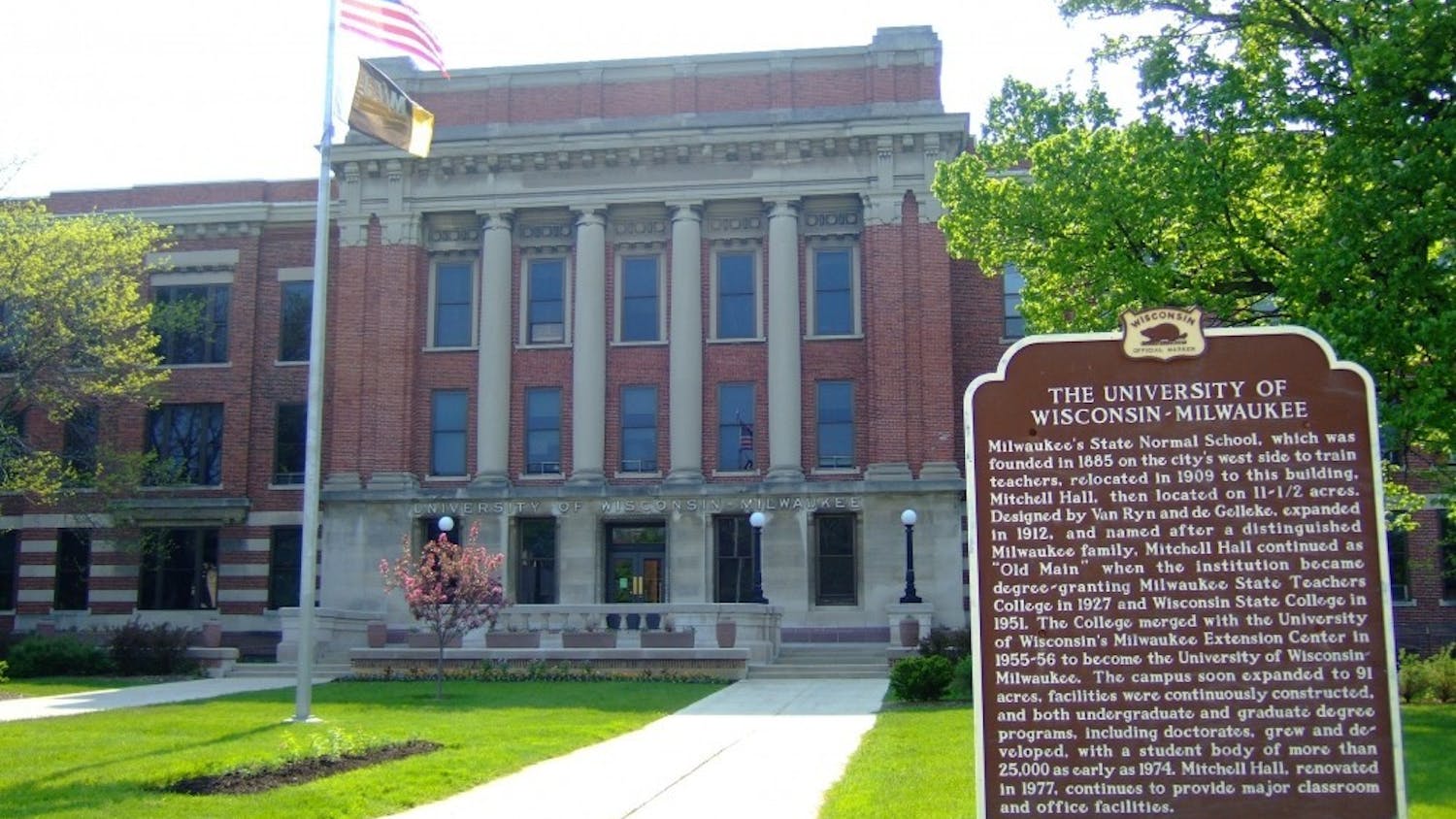The University of Wisconsin-Madison’s Multicultural Student Center (MSC) kicked off the year with their annual Comeback Carnival event held at the Red Gym, home to the university’s various student identity centers, on Jan. 27.
The Comeback Carnival serves as a smaller-scale student organization fair, with 43 multicultural organizations tabling during the event. The event is the first of the semester for most student organizations and provides an opportunity to look for new members, encourage more people to join and promote upcoming events, especially to new students on campus, according to Assistant Dean and Director of the MSC Claudia Guzman.
“The Comeback Carnival’s purpose is to foster a sense of belonging for students of color on campus by providing an inviting space to showcase our multicultural student organizations,” Guzman said. “[It] really creates a better, more intimate opportunity to make connections with folks with shared identities and interests.”
Various organizations tabling during the event shared their excitement for the semester and events they planned. Asian American Student Union (AASU) Co-President Angelica Chang shared that the MSC’s environment and space for cultural organizations was what attracted them to the event. Her goal for the event was to attract new members, specifically those from lesser-known Asian communities, to AASU.
“I feel like the Multicultural Student Center just has its own environment and it’s separate from the student organization fair that they hold at the Kohl Center. Just having a separate space for cultural organizations to have their own space is a good opportunity,” said Chang.
Queer and Trans People of Color Vice President Manola Inthavong reiterated similar goals, hoping to show the UW-Madison community that the organization is a space for queer and trans students of color to come together and find space within the university.
For newer organizations like the GLAM Squad, the MSC’s Comeback Carnival serves as a chance to spread the word about their organization.
“We are a new organization on campus, and we also wanted to get to know everyone and meet some new people,” said Jada Ajami, president of the GLAM Squad.
The GLAM Squad was established at UW-Madison in 2022 to unite students who have interests in beauty and fashion while also providing resources for personal and professional development.
“We’re excited to spread opportunities for students of color, get them more into networking opportunities around the fashion industry,” Ajami said.
The MSC event featured food from three locally-owned restaurants: Laotian cuisine from Lao Laan Xang, Venezuelan food from La Taguara and David’s Jamaican Cuisine.
Kiki McCance, the MSC’s organizational development specialist, emphasized the importance of supporting small businesses owned by people of color in the Madison community.
“I think it’s also important to recognize the impact that this university has on the local Madison community, especially during Covid and the way that it affected small businesses owned by queer and people of color,” McCance said.
McCance also noted the selection of food vendors at the event.
“They support us, so we should also support them. It’s also about spreading the name to students so that they can support them on their own and gain access to cultural food outside of this radius that might not be accessible otherwise,” McCance said.
The MSC has long been a space of support and resources for students of color, according to Guzman. She hopes it can continue to be seen as a home away from home for students who may find themselves feeling isolated in a predominantly white campus — especially one as large as UW-Madison.
“It’s one of the few spaces on campus where students of color are guaranteed to look around and not be the only one or one of the few [people of color], which is often the case in classrooms, residence halls, at sporting events and many of the other spaces on campus,” Guzman said.
“We also really like to see ourselves as a hub of resources, and we want this space to really be a space where students of color feel seen, heard, known and connected,” Guzman concluded.






